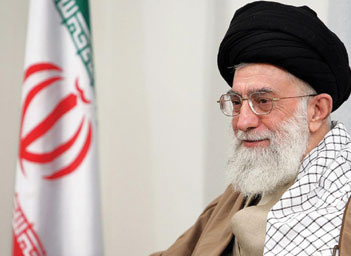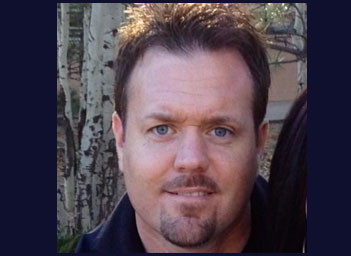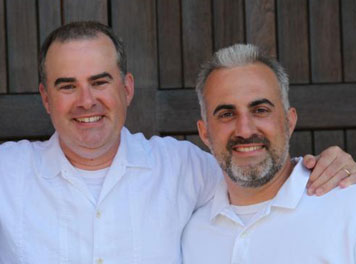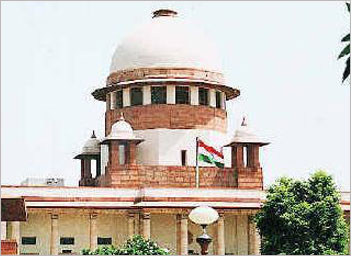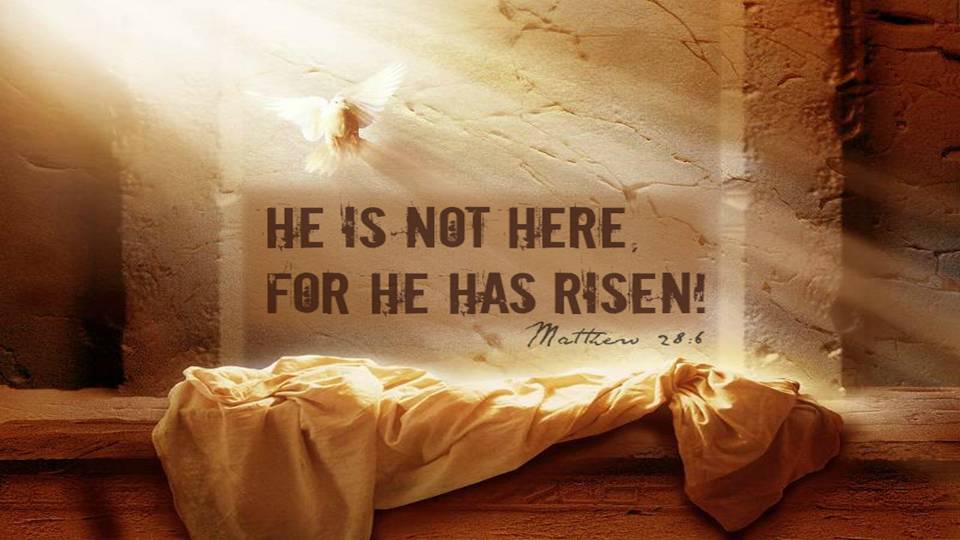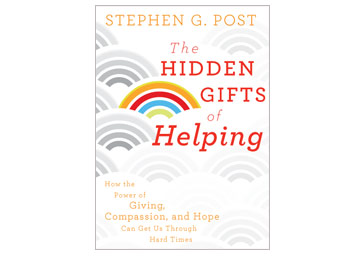By James H Belt
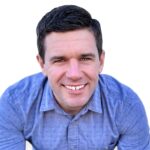 THIS is the part of the story in which I am supposed to tell you I moved to Managua, Nicaragua and changed the world. Isn’t that the way the movie goes? The problem is this does not match real life. I had already learned that change is hard and messy and, worst of all, not guaranteed. I imagine you can relate.
THIS is the part of the story in which I am supposed to tell you I moved to Managua, Nicaragua and changed the world. Isn’t that the way the movie goes? The problem is this does not match real life. I had already learned that change is hard and messy and, worst of all, not guaranteed. I imagine you can relate.
Early in my travels to Nicaragua, long before the fateful day I felt the call to move there, I started to become more curious about the poverty I had seen in my travels. I had the opportunity to travel to the region of Boaco. Positioned on the front edge of the mountainous interior of Nicaragua, the town of Boaco reminds me of the topography of San Francisco. However, this would not be my final destination. Driving farther into the interior of the country, we arrived in a town appropriately named Pueblo de Las Montañas, or Town of the Mountains. Welcomed warmly by our host, a middle-aged Nicaragua woman, we entered the single room, adobe-style home that would serve as our “hotel” for the evening.
Waking up on my makeshift cot as sunlight creeped into the home, I was greeted by the sight of a small chicken head, bopping by my cot on the dirt floor. I knew I wasn’t in Kansas anymore. Growing up in middle-class America, keeping farm animals in the home to protect them from thieves or predators was a completely foreign concept to me. However, when resources are extremely limited, a person will go to great lengths to care for what they have.
After eating breakfast, we left for our primary destination—a cooperative of coffee farms. As we arrived at the first coffee farm, I took in the beauty of the green-leafed coffee trees sprawling across the mountains. Walking around the expansive coffee farm with the farmer as our guide, he explained that while they were able to grow more than enough coffee to support the families connected to their cooperative, they were only able to sell about 50% of the harvest. As a lover of Nicaraguan coffee, this took me by surprise. As I probed further, the farmer explained that the gap between production and sales was driven by the inability to secure a large buyer. While they had many small local buyers, they needed a wholesale buyer to reach capacity. I saw my opportunity to save the day.
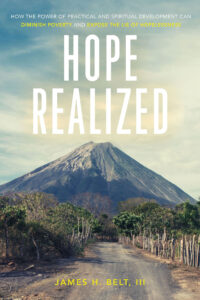 “Well, I can find one for you,” I heard myself say. As a naïve twenty-something with just enough business experience to be dangerous, I assumed I could quickly secure them a contract with Starbucks or another large coffee company. “It would be no time before my new friends and their families would be selling enough coffee to lift themselves out of poverty,” I thought. After exchanging contact information and agreeing to work together, we headed back to Managua.
“Well, I can find one for you,” I heard myself say. As a naïve twenty-something with just enough business experience to be dangerous, I assumed I could quickly secure them a contract with Starbucks or another large coffee company. “It would be no time before my new friends and their families would be selling enough coffee to lift themselves out of poverty,” I thought. After exchanging contact information and agreeing to work together, we headed back to Managua.
After returning to the United States, I quickly found out how little I knew about coffee manufacturing and working with farmers in remote, impoverished parts of the world. Over the course of the following months, I tried to make connections between the coffee cooperative and coffee buyers. It turns out the process of evaluating the quality of the coffee was significantly more complicated than I assumed and included sending a sample to Switzerland for evaluation. Who knew Switzerland was the coffee evaluation capital of the world? I certainly didn’t. This was a very specialized procedure of collecting, preparing, and sending the coffee, and required far more than an envelope and a few coffee beans. This would just be one step in the long process of negotiating a deal for the coffee farmers. Sadly, I was not prepared to navigate the world of international coffee trading.
What I thought would be a quick solution turned into an accidental empty promise. Solving poverty would require a long-term investment and a willingness to get messy, I realized, with no easy answers. It would require what Eugene Peterson calls, “a long obedience in the same direction.
”This truth became incredibly clear to me as I moved to Nicaragua. Learning from my experience with the coffee farmers, instead of bringing my preconceived ideas and prepackaged solutions, I needed to be willing to listen, build relationships, and, most of all, have patience and humility to truly gain an understanding of why poverty seemed to hold so many people captive in Nicaragua.
Through this process, I came to understand the role the lie of hopelessness plays in the perpetuation of poverty. Could it be that what we often believe to be the causes of poverty are actually a byproduct of something deeper? Hopelessness has incredible power as I have learned over my time living and working in Nicaragua, but my experiences have also convinced me that it is a lie.
I also began to grasp the power of practical and spiritual hope in the battle to expose the lie and eradicate poverty. This period of waiting was not easy for me. As a driven, type-A male from the East Coast of the United States, I want to solve problems quickly. The truth is the process drove me to tears and forced me to question my purpose for being in Nicaragua more than once over my first few months of being there.
Over the time I lived in Nicaragua, and in the years since, the battle to help people overcome the lie of hopelessness and escape poverty has been filled with ups and downs, joy and sadness. It has meant accepting that failure is a part of the journey but does not have to be the end of the story.
While there are some exceptions to the rule, breaking free from poverty and hopelessness when you believe you were created and destined for it is nearly impossible. In many cases it becomes a self-fulfilling prophecy of despair. However, change that paradigm and anything is possible. A new story can be written, with self-fulfilling prophecies of hope and change.
The problem is nothing ever seems to change.
This can be disheartening in my experience. It leaves us asking if real, sustainable change is really possible. It can make us wonder if Jesus’ words, “The poor will always be with you,” meant the fight against poverty is an uphill, hopeless battle. If we are all created equal, why does our opportunity at realizing our full potential seem different?
If you are asking these questions, I am glad you are reading this. I have struggled with the same questions, which has led me on a journey full of twists and turns. I hope you will join me on this journey and I challenge you to open your eyes to both the reality of poverty today and the real opportunity for change. Despite how it appears, this is not the end of the story. In fact, I believe God is in the business of writing new stories and has invited us to play a role.
However, a question still remains, why does it seem like poverty is here to stay?
Excerpted from James H Belt’s book ‘Hope Realized’. Available on Amazon.com







